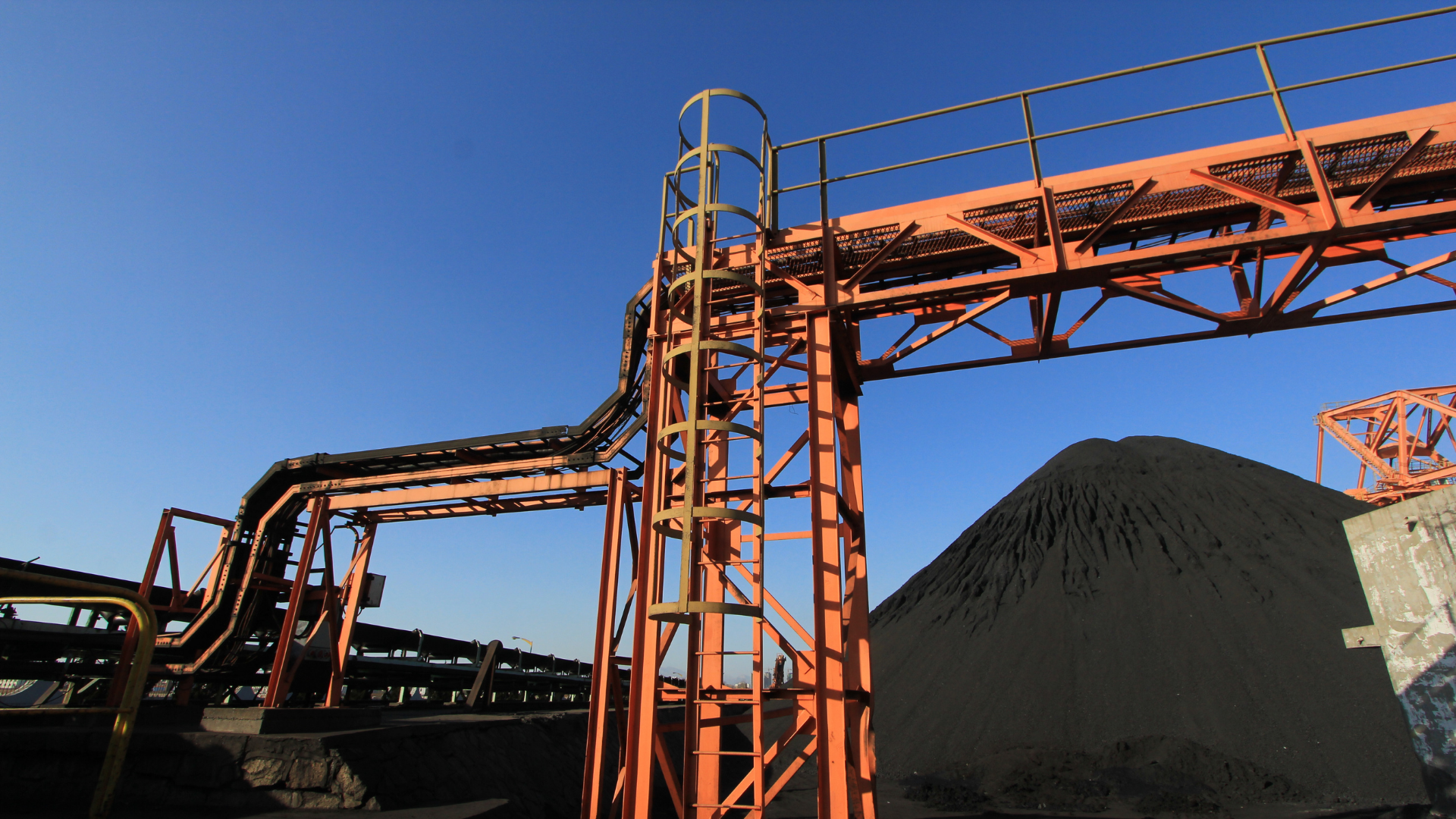- 17.11.2020
- Array
A new review of the International Monetary Fund’s (IMF) loan programs in Mozambique and Mongolia shows the IMF’s programs supported legislation that lead to a $15 billion financial package for a harmful gas project in Mozambique. It also supported the creation of new tax policies providing subsidies for coal and gas in Mozambique and for coal in Mongolia.
An analysis published today by the Netherlands-based organization Recourse finds that the IMF fails to prioritize climate action and in turn its operations further hamper the global efforts to tackle climate change by providing tax breaks to the fossil fuel industry and legislative groundwork for it to expand unabated. This goes directly against the calls of the IMF to act on climate.
In an opinion piece published last month in the Guardian, IMF’s Managing Director Kristalina Georgieva says: “…while fighting the pandemic today, countries must look to transform their economies for a very different tomorrow – including by incentivising the transition to a climate resilient and low-carbon economy…”
As a result, the IMF continues to enable the wrong price for fossil fuel-based energy, even as the world is on track to produce 120 per cent more fossil fuels in 2030 than is compatible with a 1.5°C pathway.
The new analysis provides a summary of IMF loan operations in Mozambique and Mongolia. The review aimed to identify climate change related economic policies and specific structural benchmarks contained within IMF loan programs. Mozambique and Mongolia were selected because of large-scale coal and gas investments taking place during IMF loan operations since 2015.
Key findings of the new report:
- New producer subsidies for coal and gas– The IMF program supported the creation of new tax polices providing producer subsidies for coal and gas in Mozambique and for coal in Mongolia. These new policies result in significant tax breaks for coal and gas operations, which incentivizes new investments. Additionally, the IMF provided technical assistance for the development of these tax policies in both countries.
- New legislation to facilitate public finance for gas– The IMF loan program supported new legislation in Mozambique that provided substantial benefits to Export Credit Agencies (ECA) instrumental in clinching the public finance of 8 ECA’s for a $15 billion financial package for LNG Area 1. The deal is hailed as the largest project financing ever in Africa.
- Public investment for priority mega coal and gas projects– The IMF loan programs are actively engaged in assessment criteria and selection of priority infrastructure projects that receive public finance. In Mozambique and Mongolia, priority projects involve mega coal and gas projects.
- Reduction in electricity and/or fuel subsidies– The IMF loan programs support reforms aimed at reducing subsidies for petroleum and electricity in Mozambique, which could potentially have climate benefits. However, the potential for associated GHG emissions reductions are questionable and undermined by other IMF reforms.
Nezir Sinani, co-director of Recourse said:“If the IMF is serious about prioritizing climate action and a clean and climate-resilient transition they need to start walking the talk themselves. An easy start would be by ending tax breaks for fossil fuel producers, including for coal. It is vital that the full scale of climate change risks are sufficiently identified in the IMF loan programs, especially risks associated with an energy transition away from fossil fuels and the challenges of ensuring a just transition. The IMF needs to re-evaluate infrastructure investment plans based on the “right” energy price.“
Another recent analysis published last month by Recourse (co-published by Greenpeace, Earthlife Africa in South Africa and Centre for Financial Accountability in India) found that the IMF fails to recognize the scale of climate change-related macroeconomic risks in its Article IV reports. That review analysed the IMF’s most recent risk and economic policy advice (named Article IV reports) for five countries with ongoing coal sector expansions: India, Indonesia, Philippines, Mozambique and South Africa.
Resources:
New Recourse report: https://www.re-course.org/wp-content/uploads/2020/11/IMF-in-Mozambique-and-Mongolia.pdf
For further media inquiries, please contact:
Nezir Sinani
Co-Director at Recourse
+31 61 482 0789

